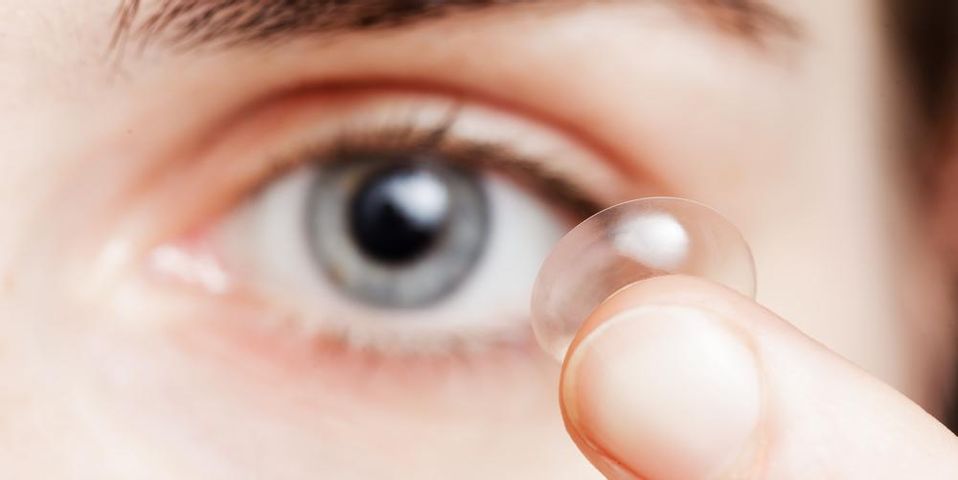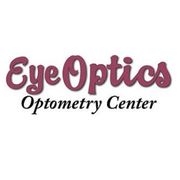3 Bad Habits With Contact Lenses That Can Cause Eye Infections

Contact lenses are a go-to choice for many people because they’re discreet; however, they require special care since they touch your eyes, and bad habits can have serious consequences. The staff at EyeOptics Optometry Center in Elk Grove, CA, advise that poor contact lens care can lead to eye infections and want to point out several causes. By changing how you care for your contact lenses, you can avoid eye infections or complications.
3 Bad Habits for Caring for Contact Lenses
1. Not Replacing Them
Contact lenses don’t last forever, and it’s important that you replace them based on the manufacturer and eye doctor’s recommendation. Daily lenses should never be used twice, and long-term lenses should typically be replaced every three months. After this limit, your lenses can’t be fully cleaned, and they will hold contaminants that lead to eye infections. If you’re not sure when to replace them, speak with your optometrist.
2. Sleeping With Them
Your eyes need sufficient oxygen to stay moist, and contact lenses dry them out. This isn’t usually an issue during the day, as your eyes moisten themselves. Because your eyes are closed, they can’t do this while you're sleeping, leading to inflammation and an increased vulnerability to infections. Always take them out before you sleep and store them correctly.
3. Not Cleaning Them
 After a long day, many people want to take their contacts out and be done with them. However, this is the worst habit you can have. Throughout the day, your contacts trap bacteria. When you don’t clean them, the bacteria sits on the lens until it is reinserted into your eye. Always use recommended cleaning solutions, and ask your optometrist about proper care tips.
After a long day, many people want to take their contacts out and be done with them. However, this is the worst habit you can have. Throughout the day, your contacts trap bacteria. When you don’t clean them, the bacteria sits on the lens until it is reinserted into your eye. Always use recommended cleaning solutions, and ask your optometrist about proper care tips.
Taking care of your contact lenses will ensure your eyes stay healthy, and the eye care staff at EyeOptics Optometry Center can help. They’re proud to offer comprehensive eye care services, including vision therapy, and their team uses cutting-edge techniques—including Optomap Retinal Exams—to ensure patients aren’t at risk of eye diseases. Call (916) 684-6688 today to schedule an exam, and visit their website to learn more about their eye care services.
About the Business
Have a question? Ask the experts!
Send your question

